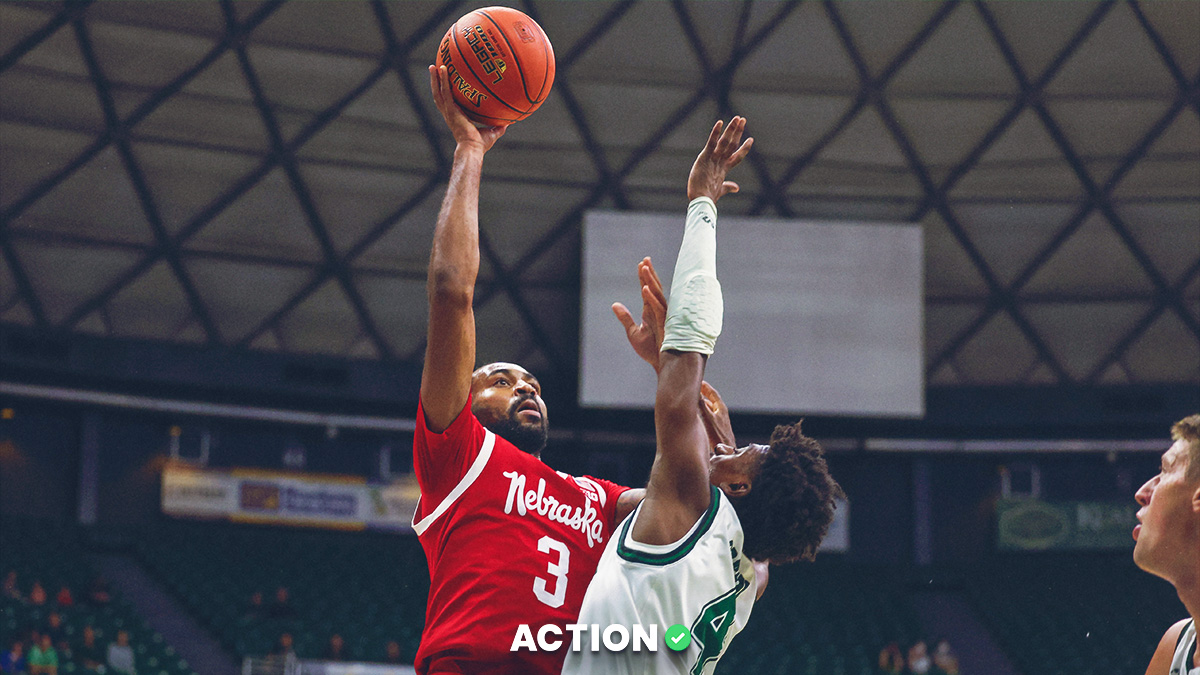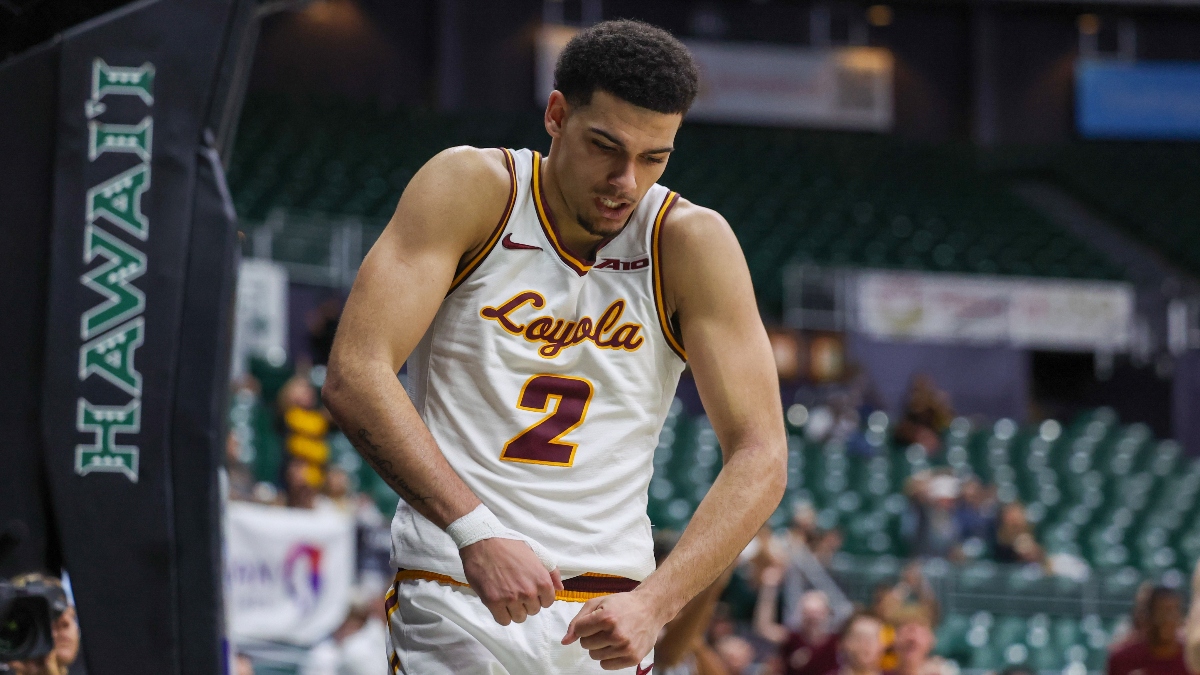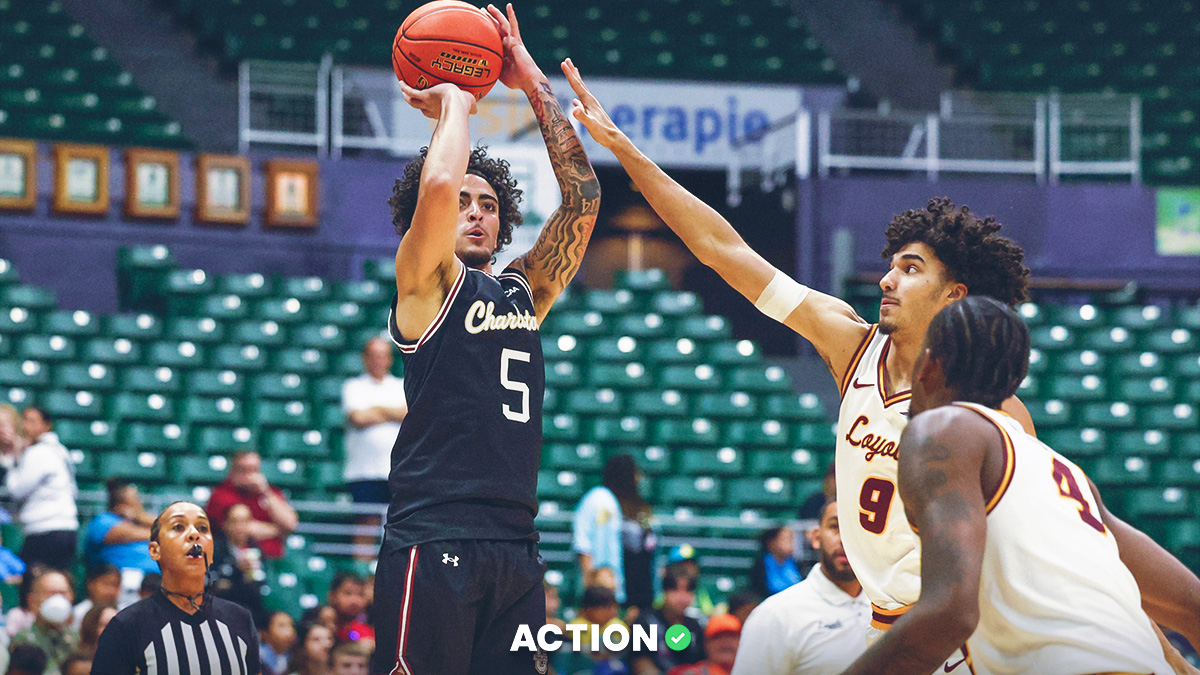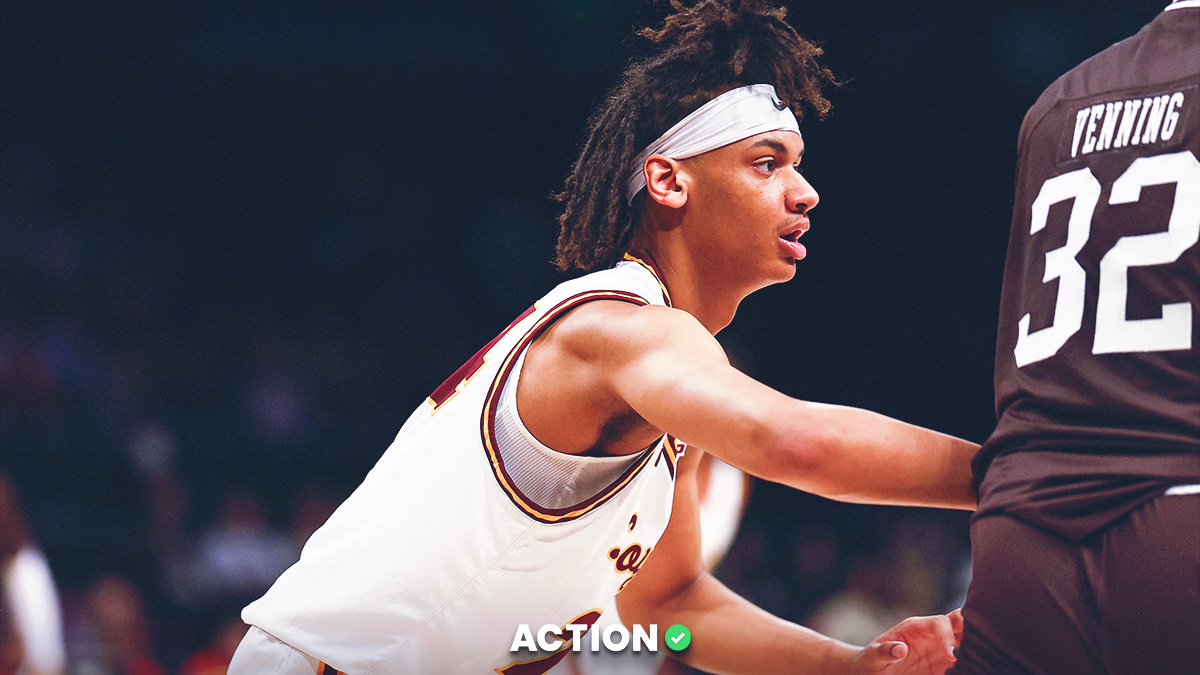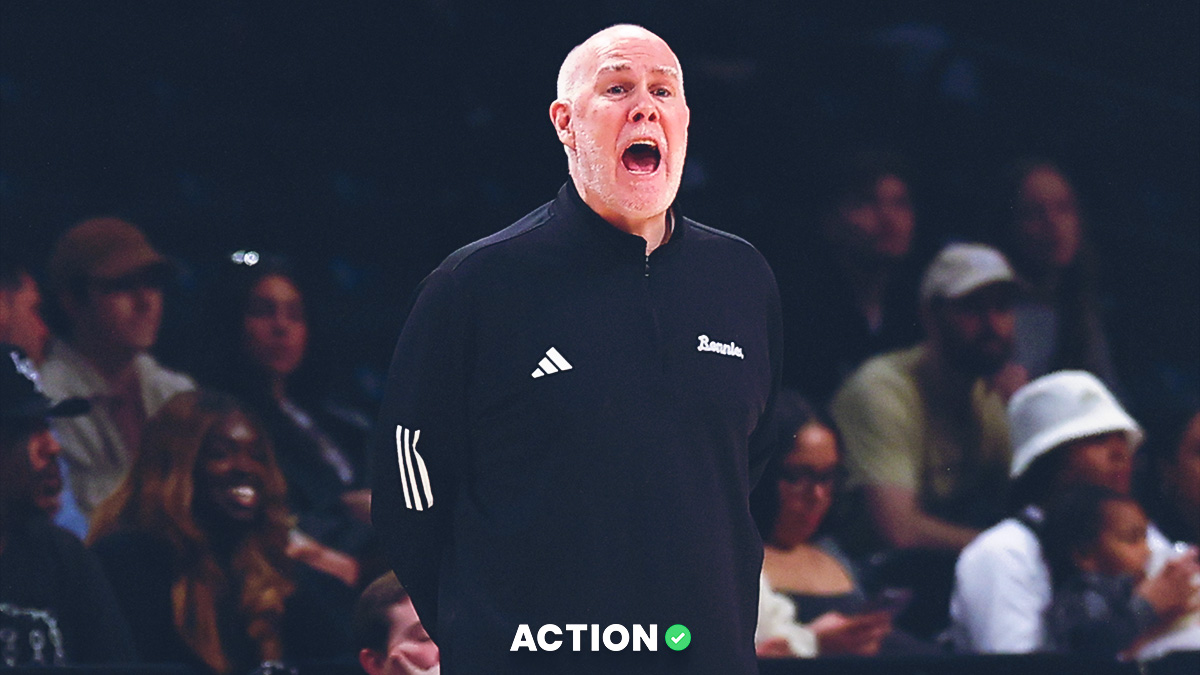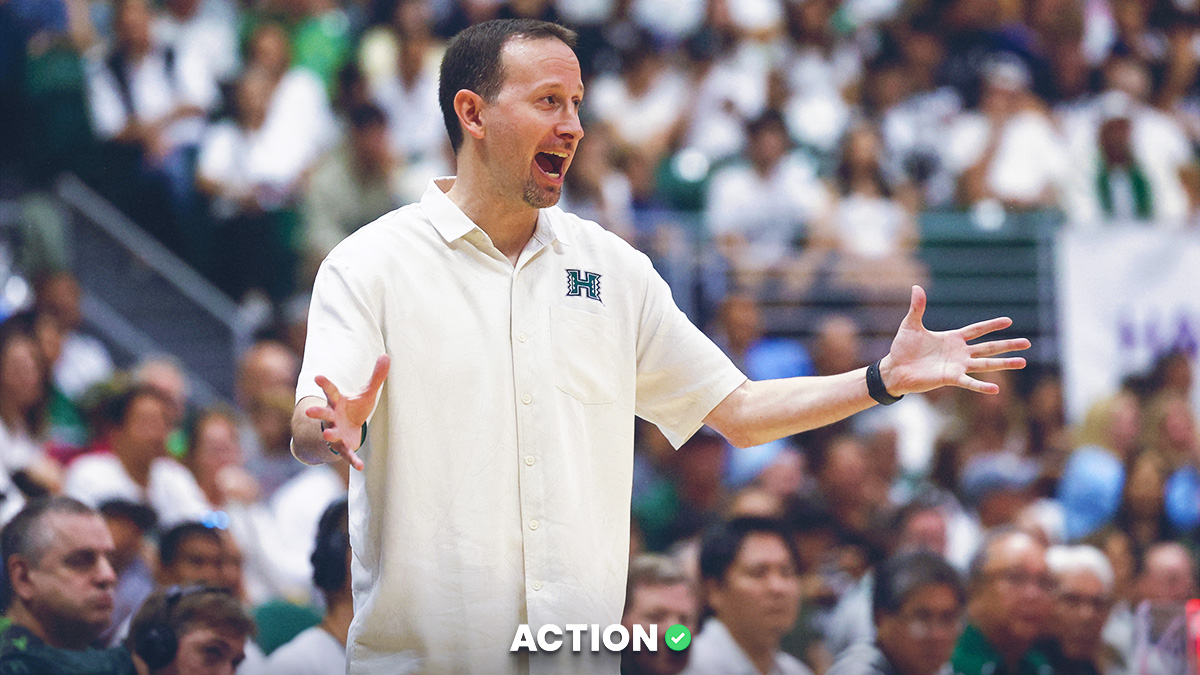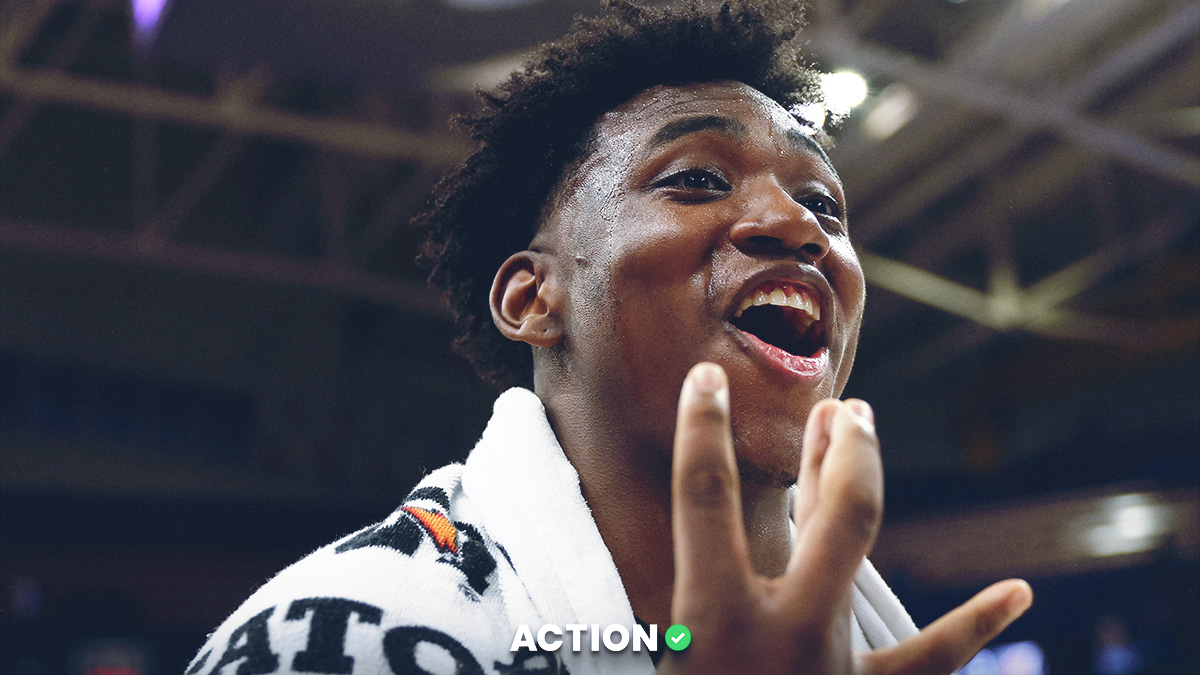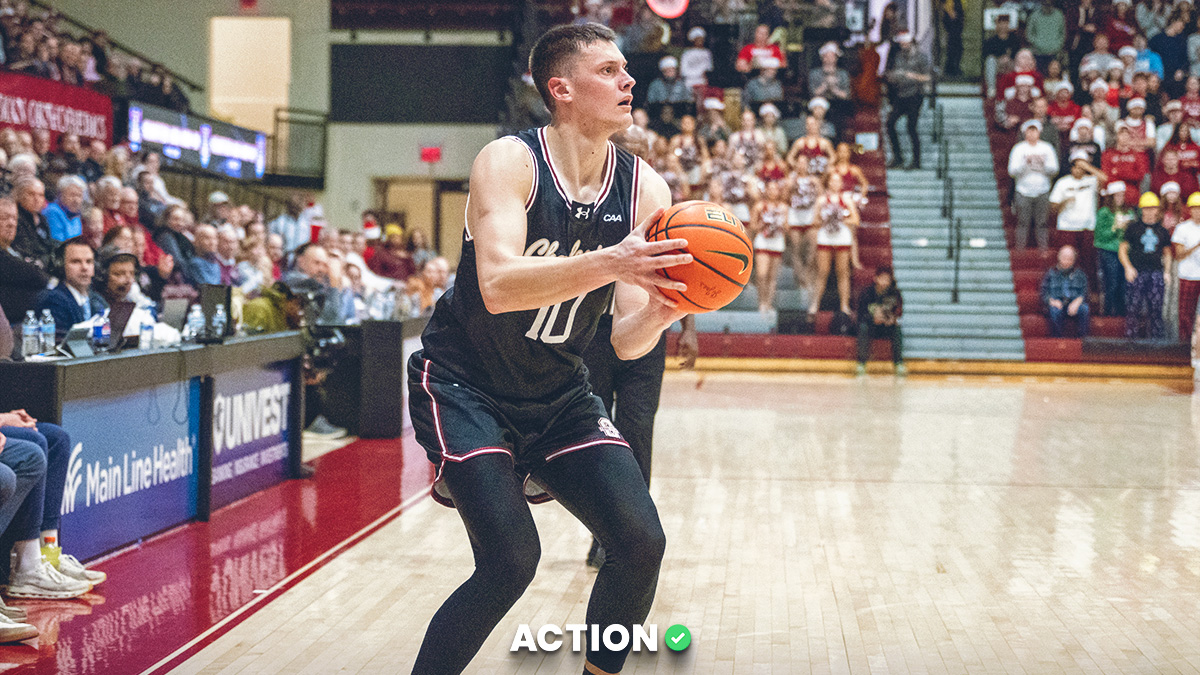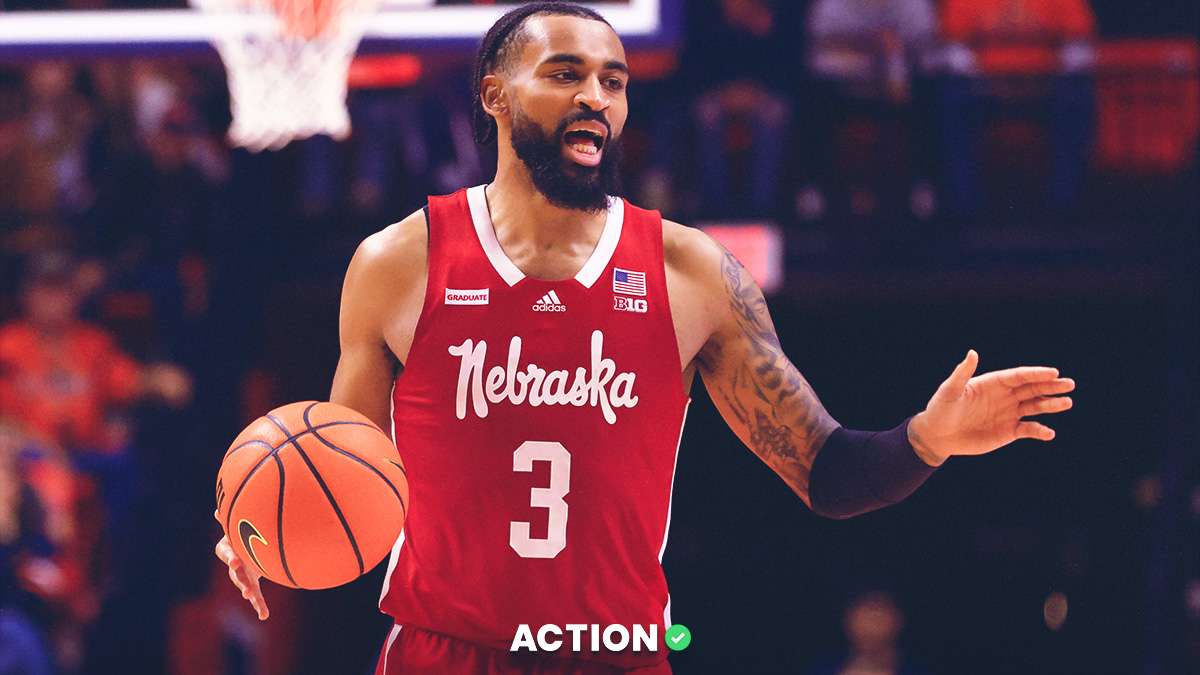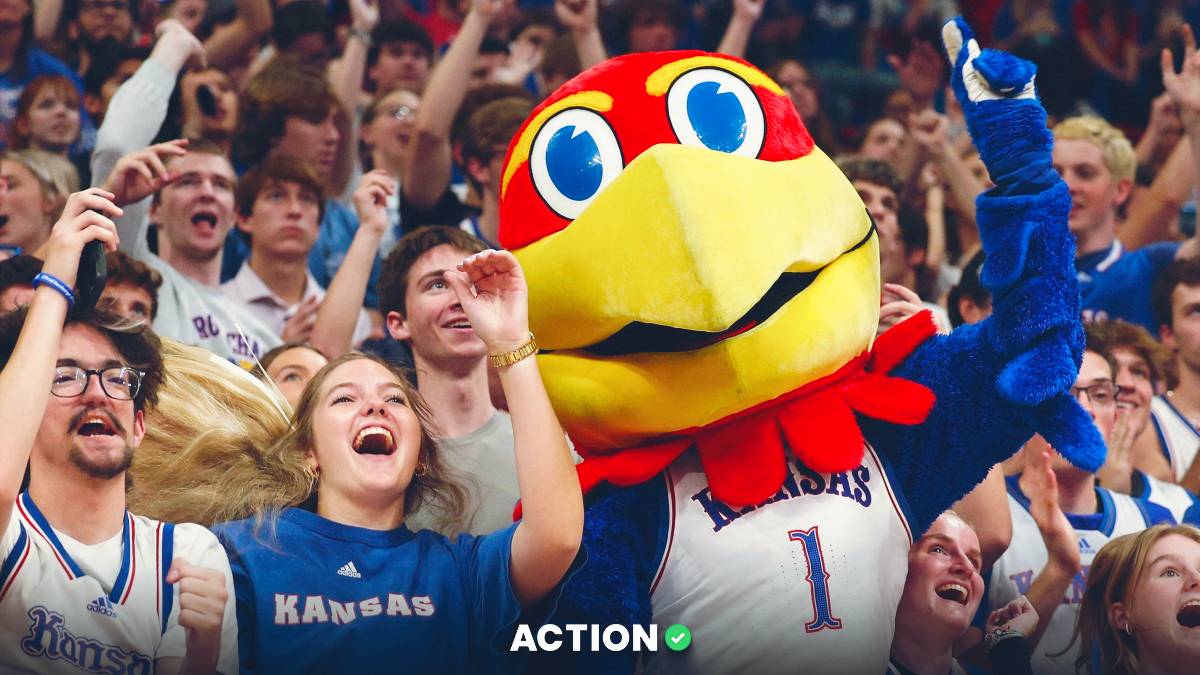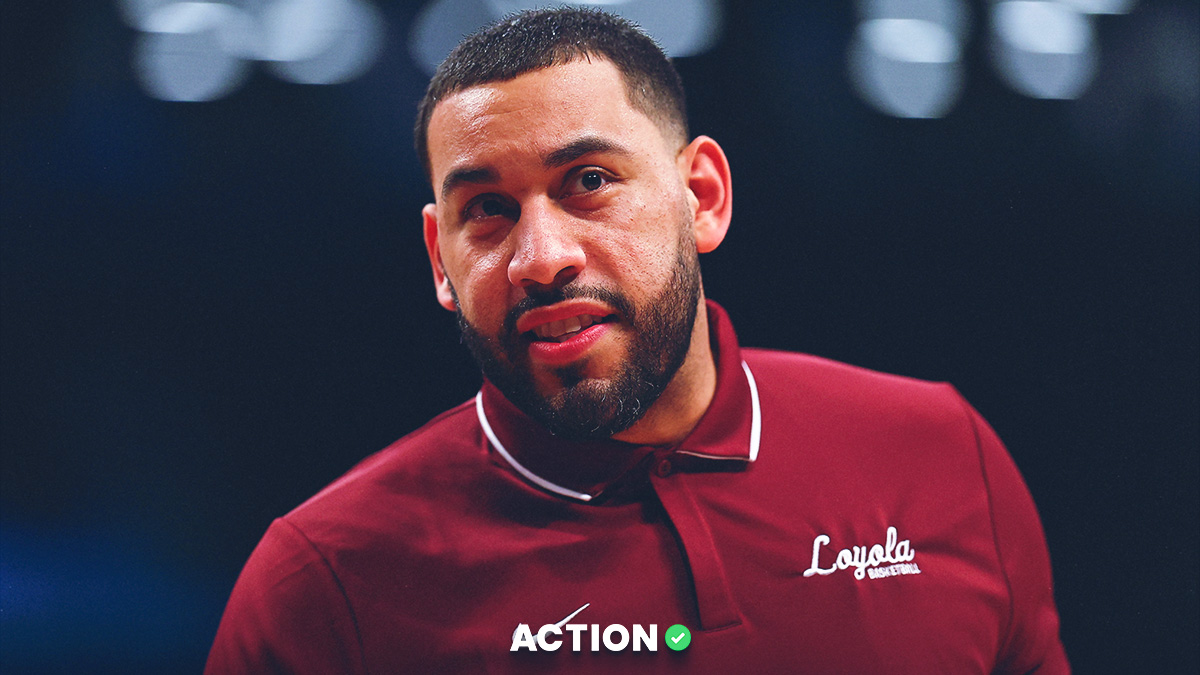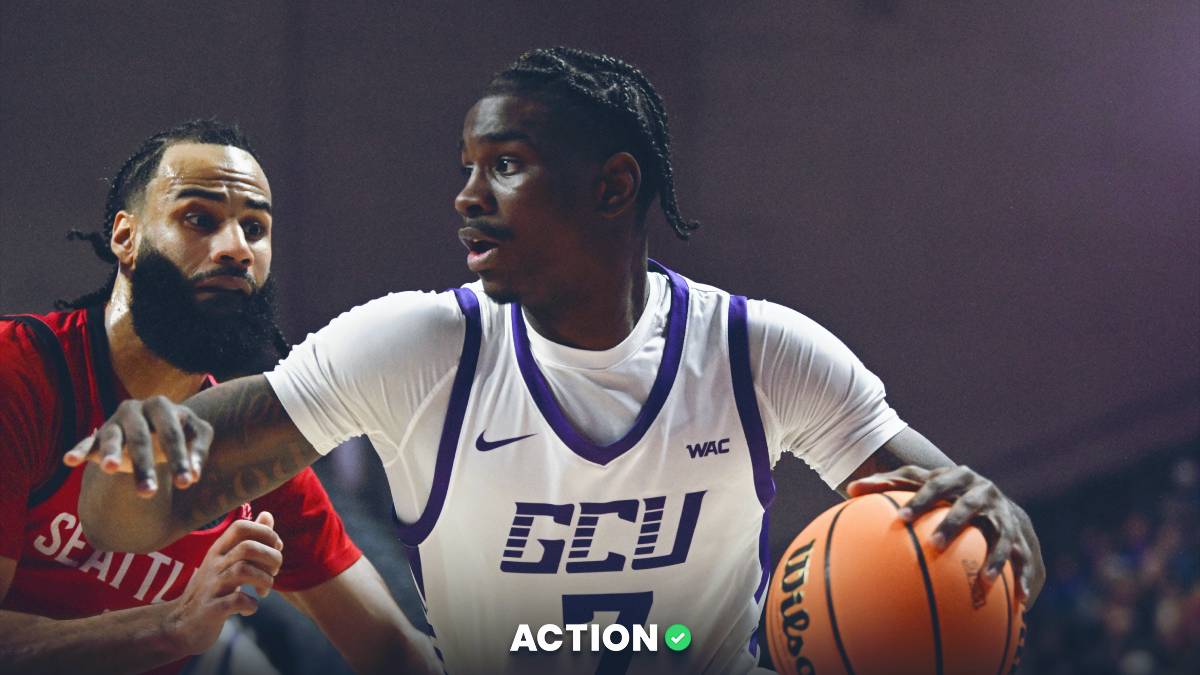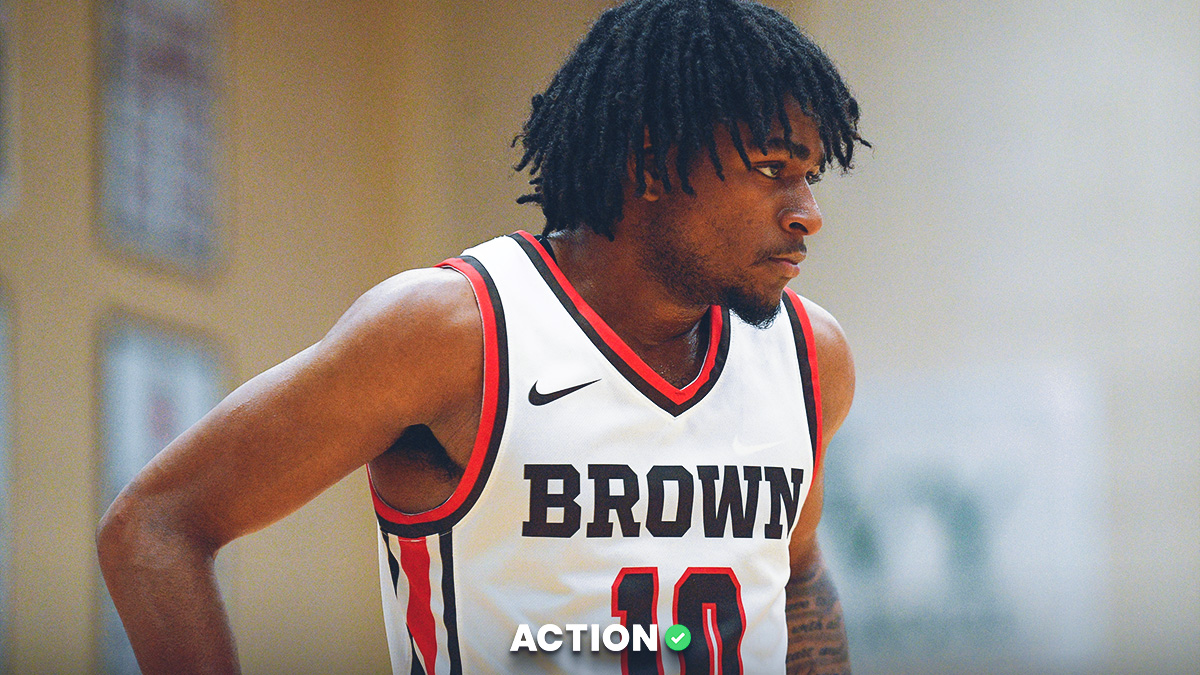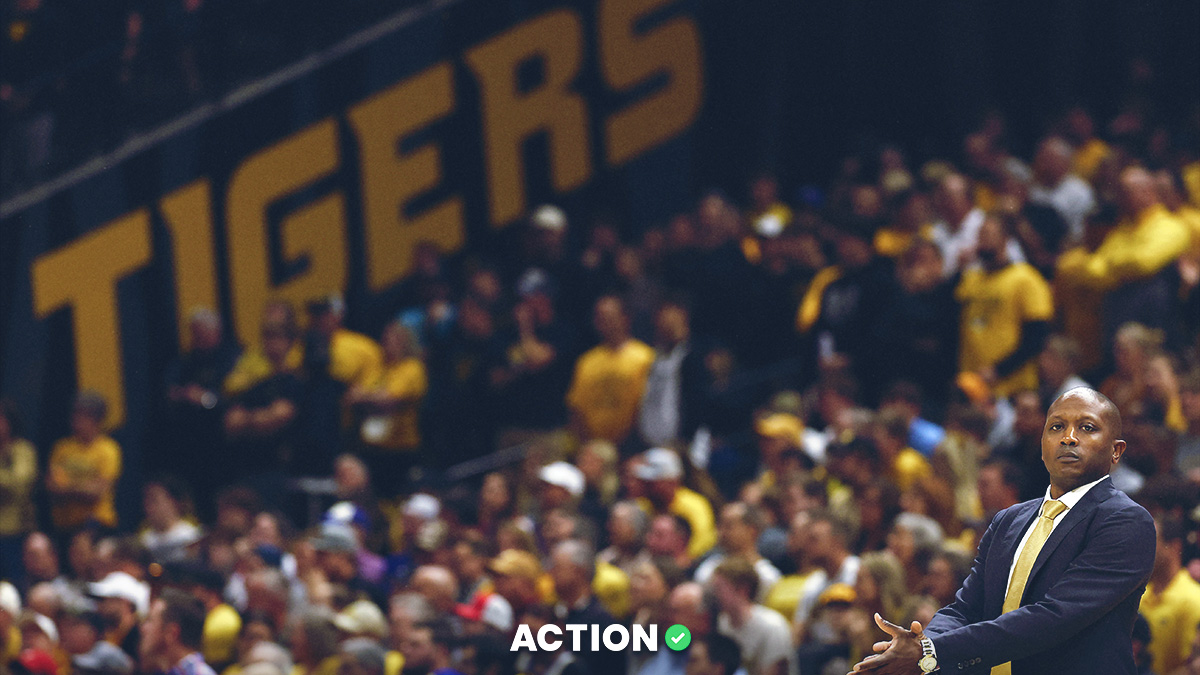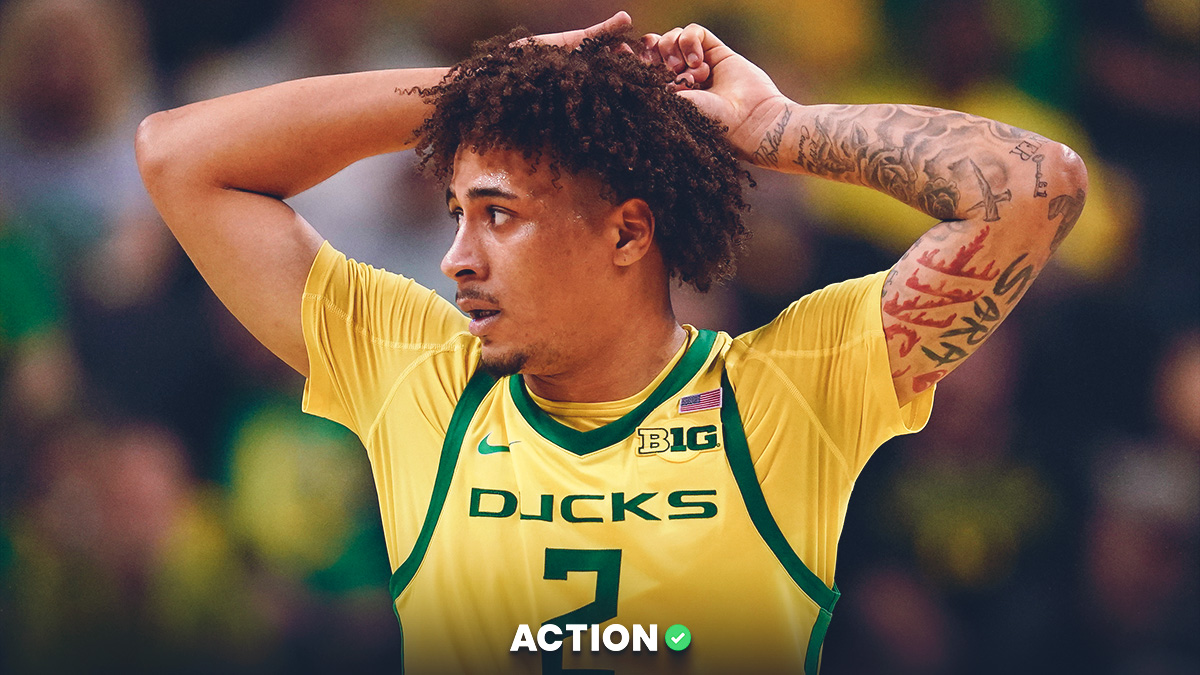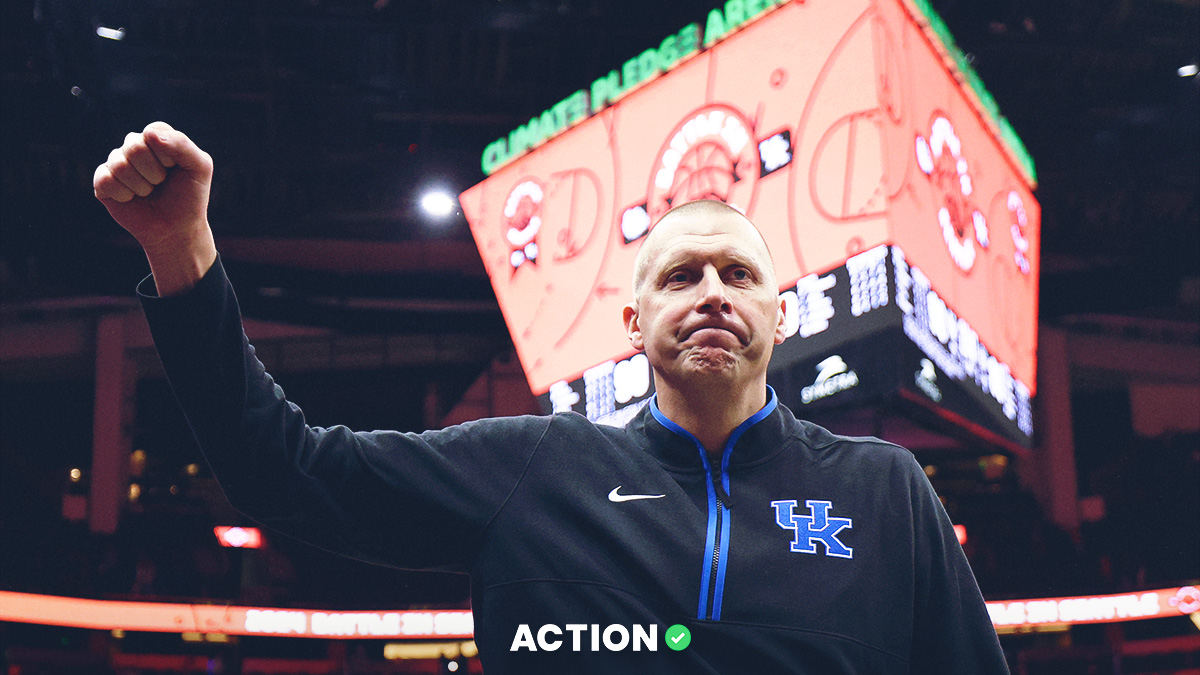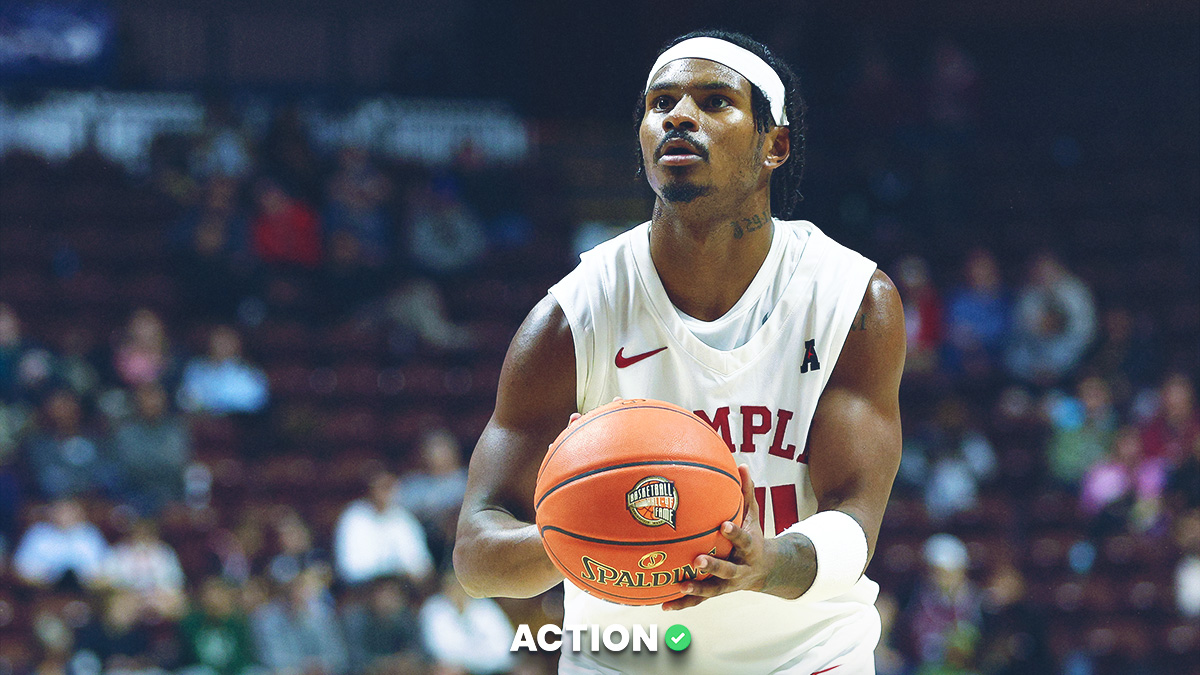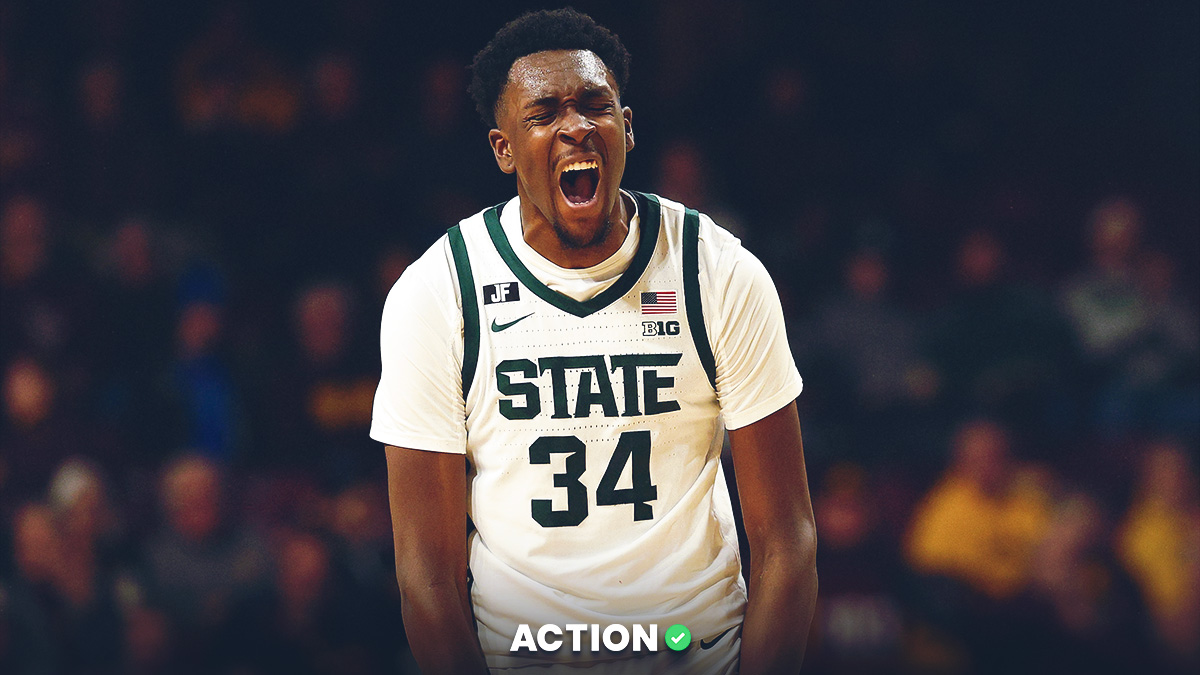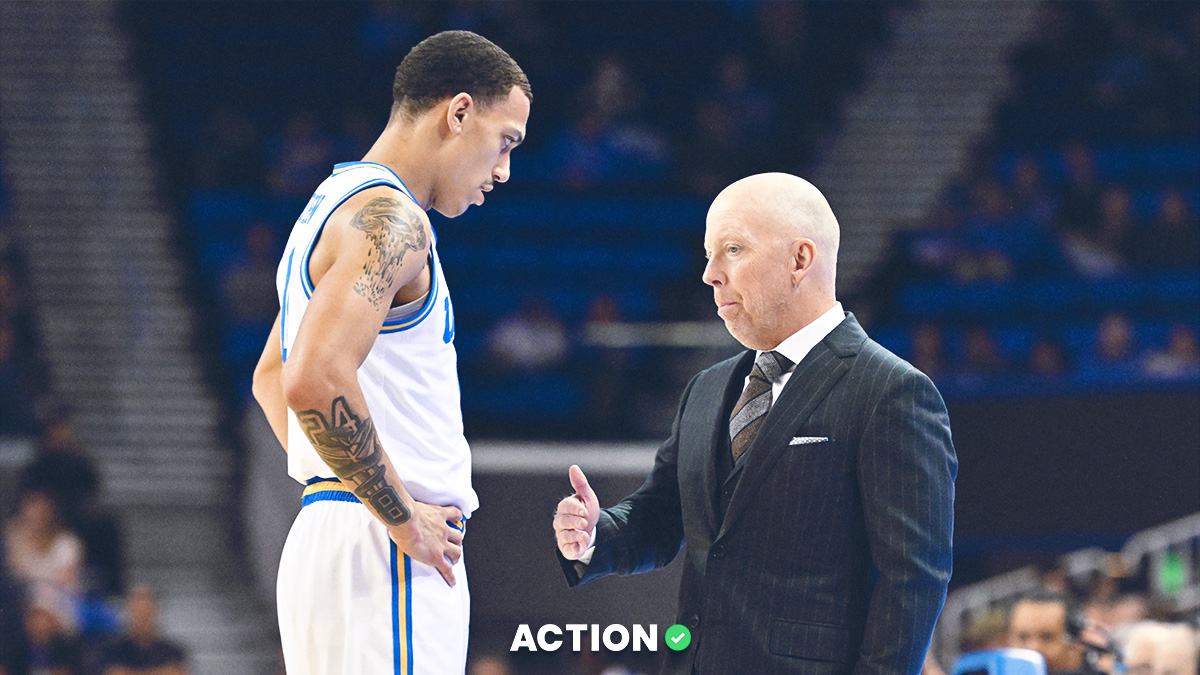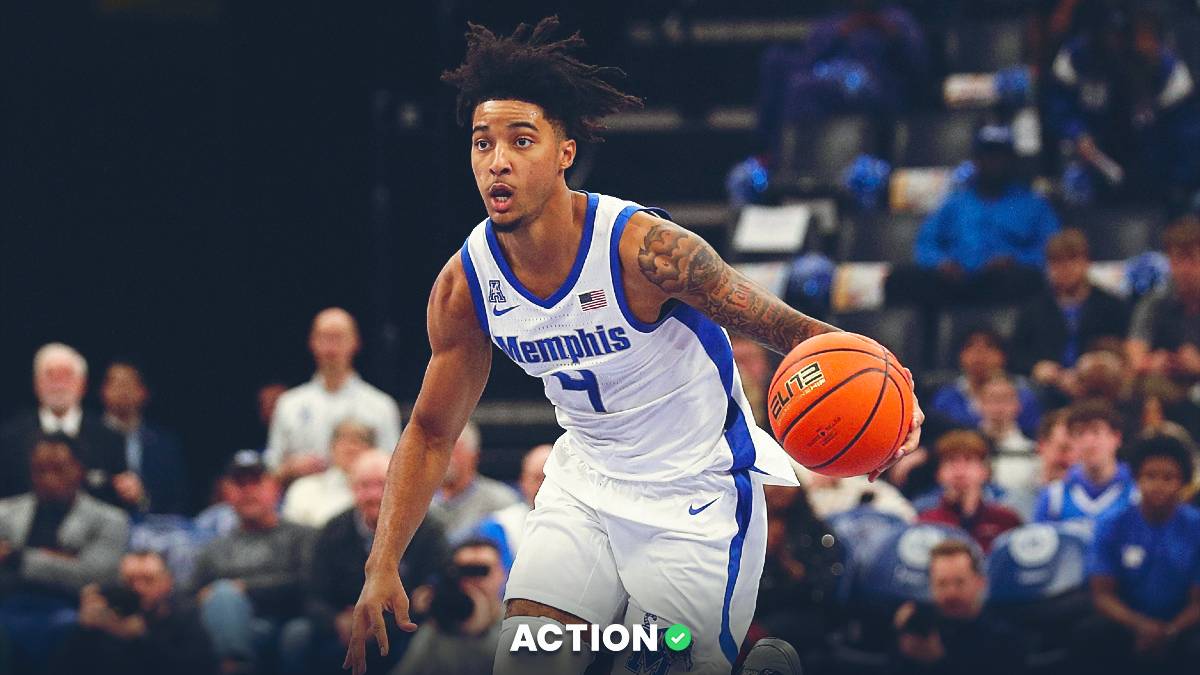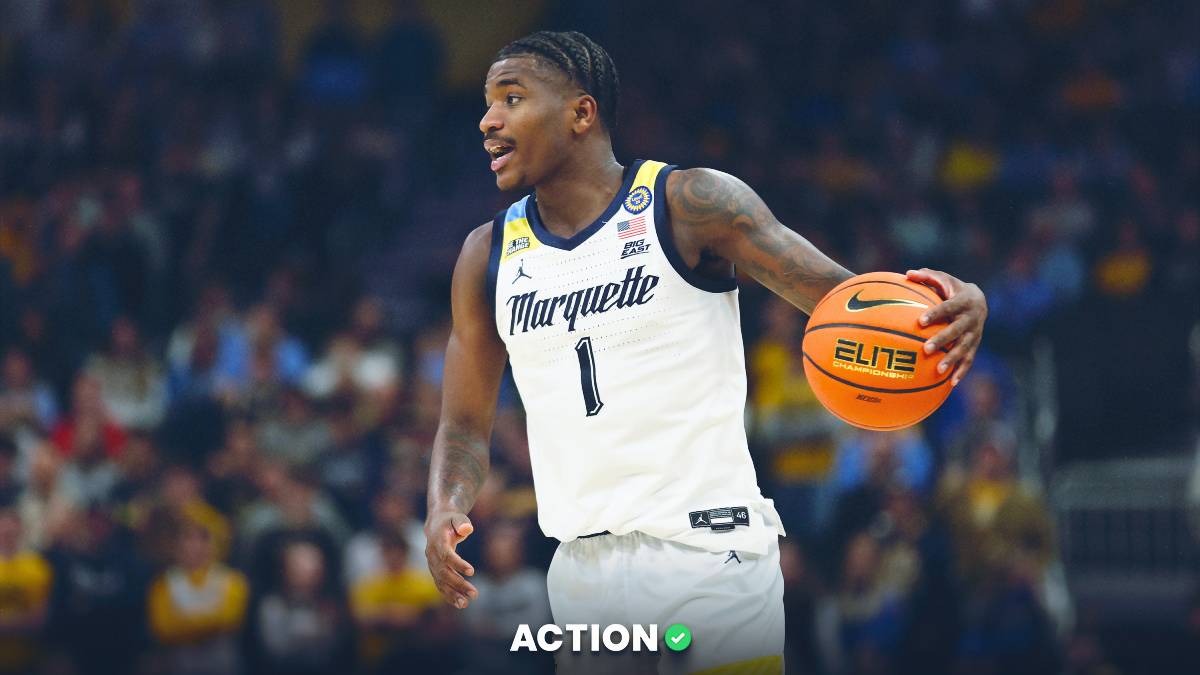From Villanova to Michigan and Kansas to Loyola-Chicago, last season's Final Four was loaded with experience.
Tennessee's core is no different this season.
The Vols return all of their starters from last season — each of them upperclassmen — led by preseason SEC Player of the Year Grant Williams.
They covered 57.6% of their games against the spread (19-14-0) last season, yet their backers failed to reap the benefits in the NCAA Tournament’s Round of 32 thanks to Loyola-Chicago guard Clayton Custer’s rim-rattling game-winner.
Tennessee’s disappointment has evolved into a valuable future this season, though. The Vols' national title odds opened at 40-1 at the Westgate Las Vegas SuperBook before jumping to 25-1 in recent weeks, the ninth-highest. Sitting at No. 6 in the preseason AP Top 25, Tennessee is one of two programs in the top 10 to boast odds longer than 20-1.
But the Vols are poised to earn a No. 1 seed and go on a deep run in March with the majority of their key rotation players back in the fold.
CBS Sports’ bracketologist Jerry Palm has considered the Vols a favorite to finish on the NCAA Tournament’s top line since June.
"When I did my pre-preseason bracket, I had them as the fourth No. 1 seed," Palm told The Action Network. "That was before [graduate transfer] Reid Travis joined Kentucky. I had Kentucky as a two-seed then, and I’d probably flip 'em now. But I expect Tennessee to be competitive in the SEC.
"SEC [is] gonna be a good league this year, and I’d still bet Tennessee’s gonna be competitive for one of those No. 1 seeds.”
Earning a No. 1 seed doesn’t guarantee success in the tournament, of course.
Virginia was a prime example of that last season, becoming the first-ever team to fall to a No. 16 seed, despite having an elite defense.
Nevertheless, the past 11 national champions finished in the top 20 of Adjusted Defensive Efficiency, which is a team’s approximate defensive efficiency against an average D-I offense. Tennessee finished sixth in that metric in 2017-18 and enters this season with the eighth-best unit.
Guided by Grant Williams and fellow big man Kyle Alexander, who finished 30th in Block Rate last season (9.6%), the two combine to form one of the best defensive duos in the country.
Alexander was absent from the Vols' loss to Loyola-Chicago because of a hip injury, which he suffered two days before the matchup.
Williams and Alexander will be aided by returning sophomore John Fulkerson, who stepped in for Alexander, along with redshirt freshman Zach Kent and four-star forward D.J. Burns. They’ll bolster Tennessee’s already-imposing offensive rebounding rate (33.4%; 41st in D-I) and help challenge Kentucky for the SEC's regular-season crown.

The Vols' defense also stems from their trio of ballhawks: Admiral Schofield, Jordan Bowden and Jordan Bone. The three ran opponents off the 3-point line, yielding the fourth-lowest clip (30.1%) in the nation while creating turnover havoc with their impressive size.
Tennessee can even play small-ball with Schofield, who can switch one through five.
The Vols aren’t as efficient as Villanova was offensively in its most recent title run, yet Tennessee will showcase a unit that can space the floor on offense and switch on ball screens at the other end.
Schofield was a sound shooter (44.7% field goal percentage, 39.5% 3-point percentage) a season ago; the Vols now need him to expand his game in isolation sets.
The 6-foot-7, 236-pound Williams has the potential to take his offensive prowess (15.2 points per game) to another level following his 3-point clip dipping 24.5 percentage points from his freshman campaign.
Don't forget about Lamonte Turner. Tennessee’s microwave scorer off the bench (10.9 PPG) owned the 40th-highest free-throw percentage (88.2%) in college basketball. As a team, the Vols notched the 43rd-highest free-throw percentage (75.7%), which improves their odds in late-game situations.
Reigning SEC Coach of the Year Rick Barnes and his crew seem to have the smallest gap between their ceiling and floor — other than Kansas, Kentucky, Gonzaga and Duke.
Gamblers retain an inevitable bias against Barnes, who has made only one trip to the Final Four in his 31 years of coaching. But that same rationale was applied against Jay Wright before he won his first title in 2016.
Give the Vols their due before the odds continue to shorten. Another cinderella team won't stand in the way of Tennessee’s potential again this season.





